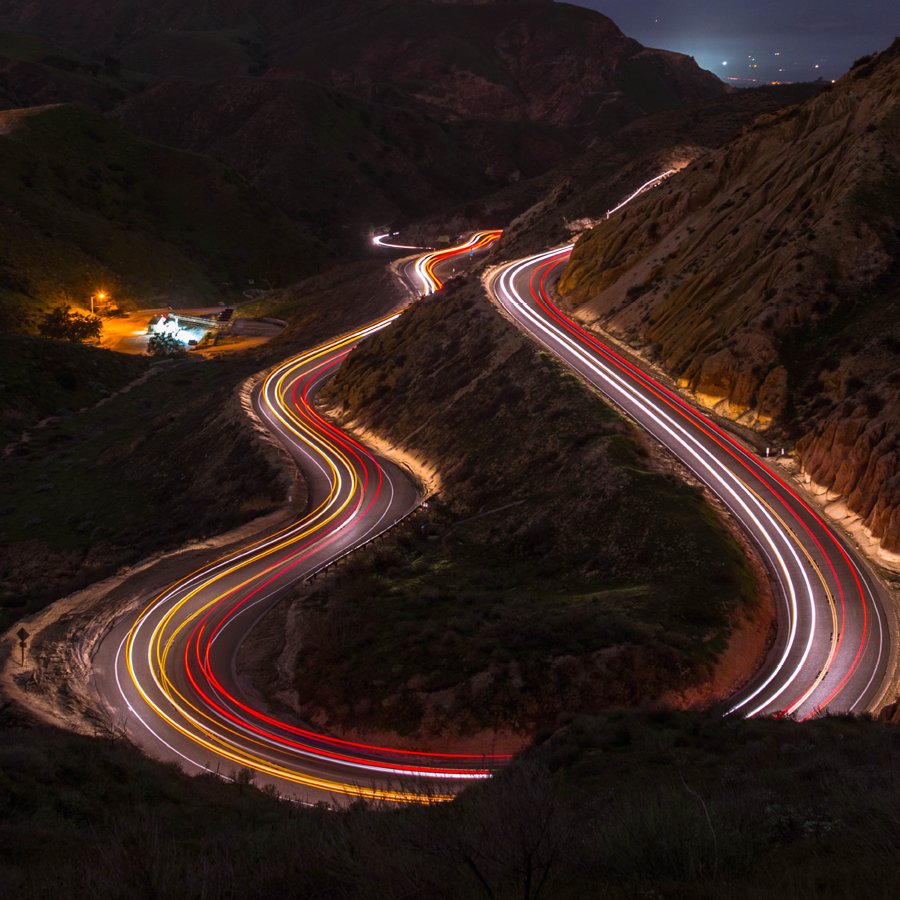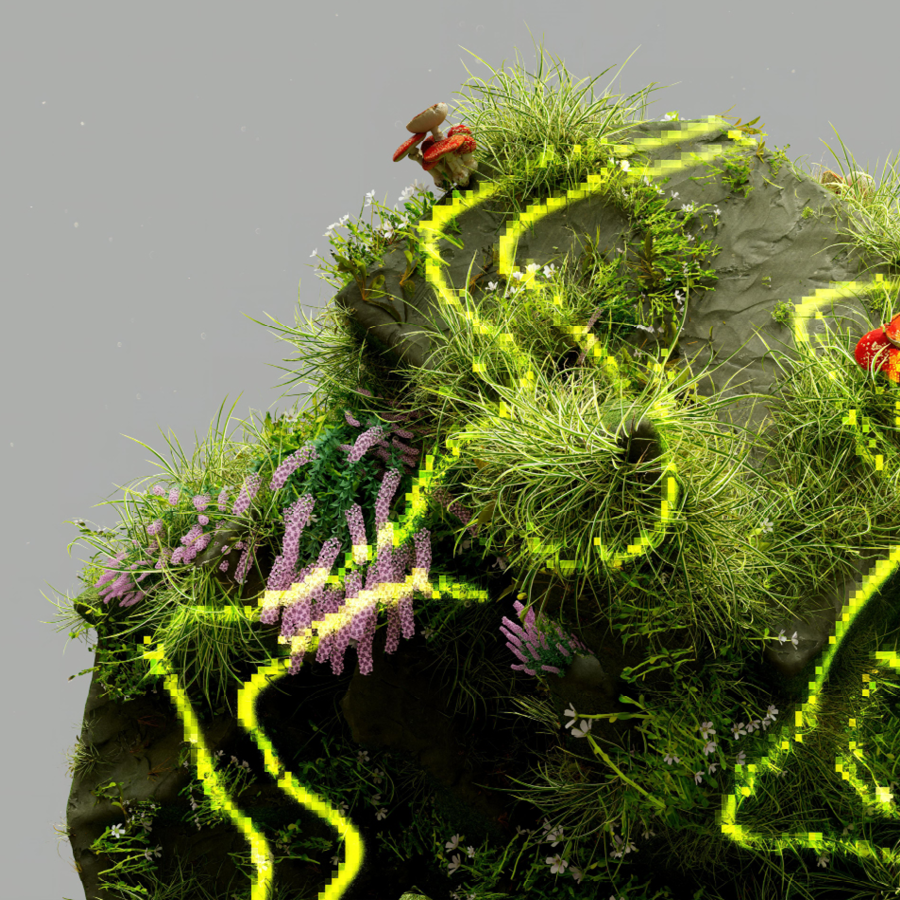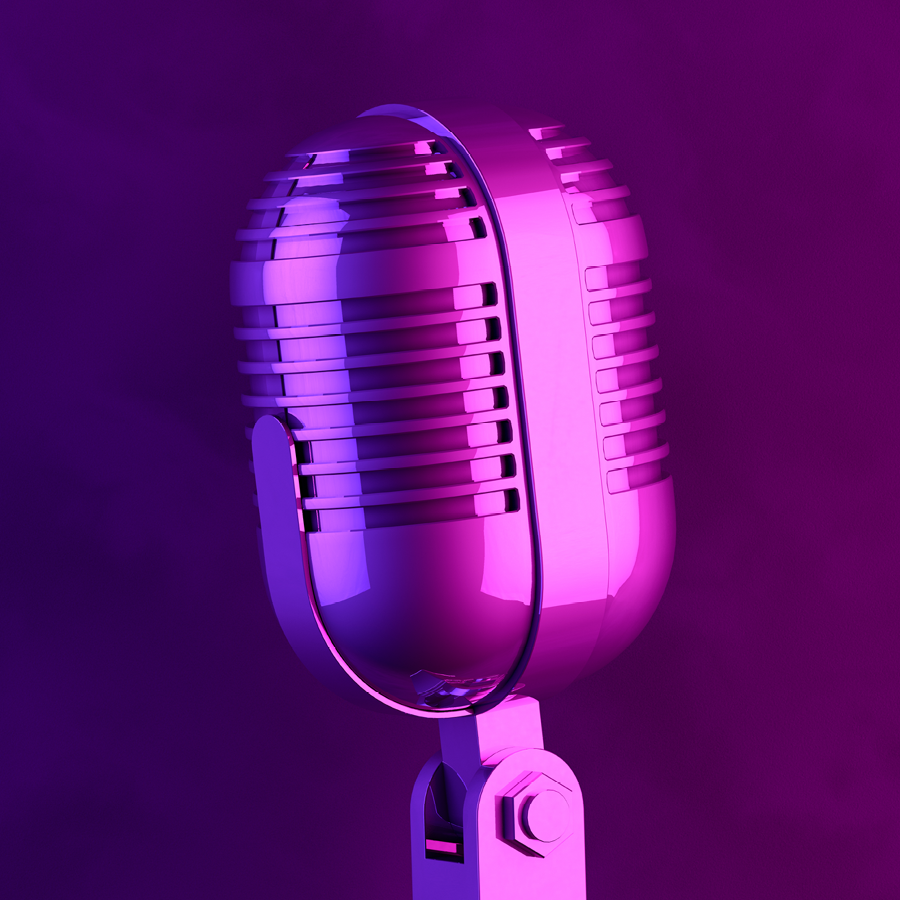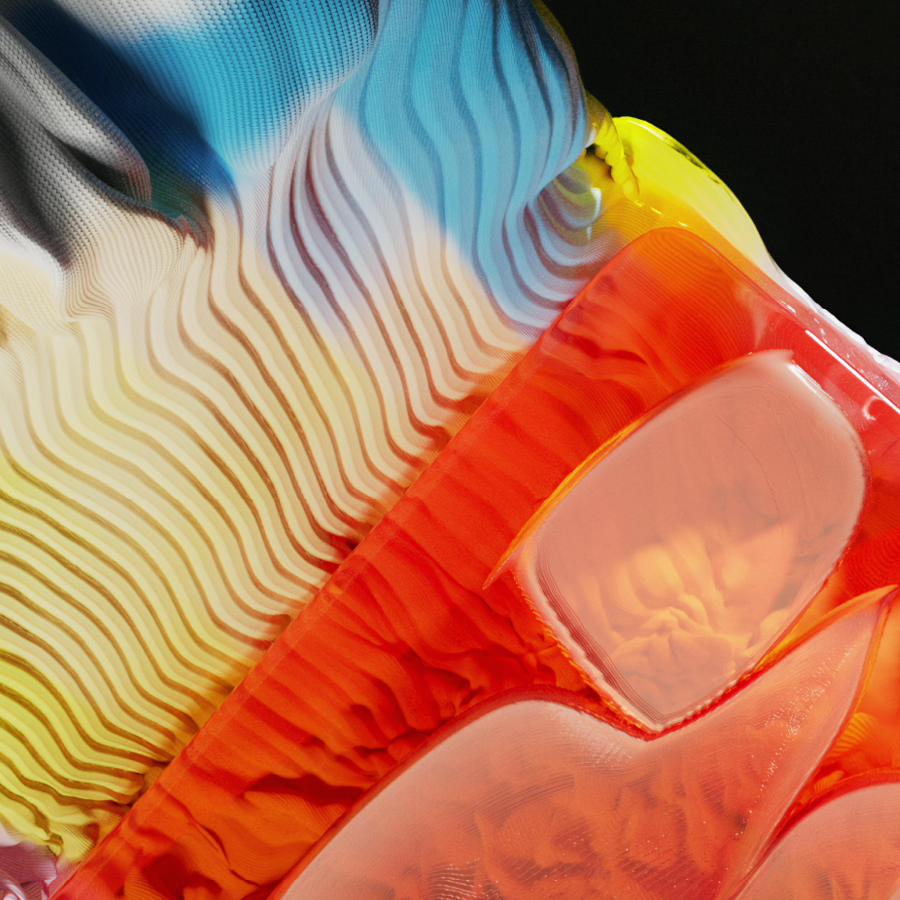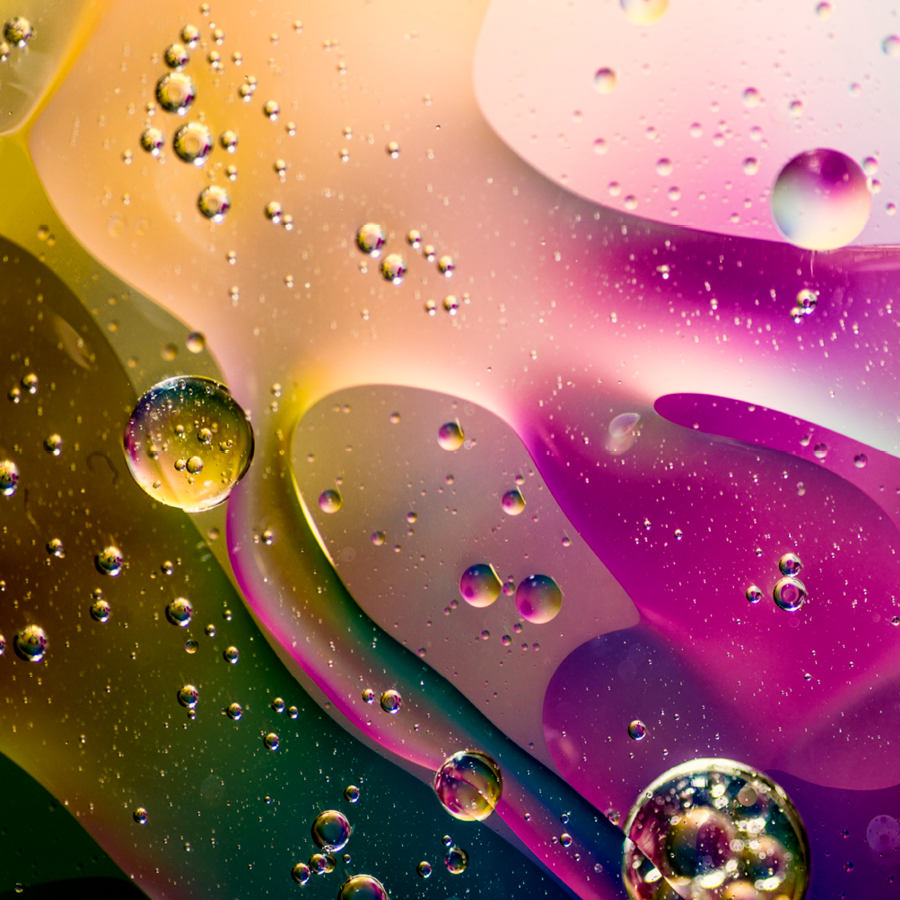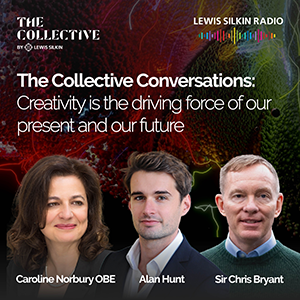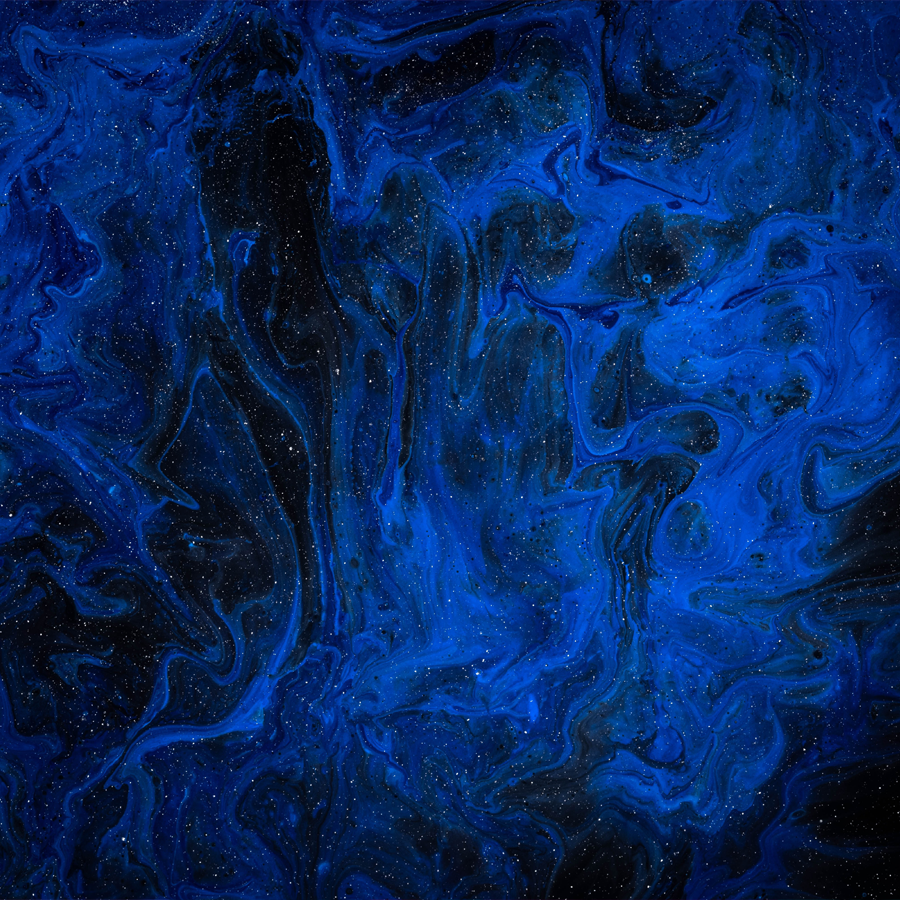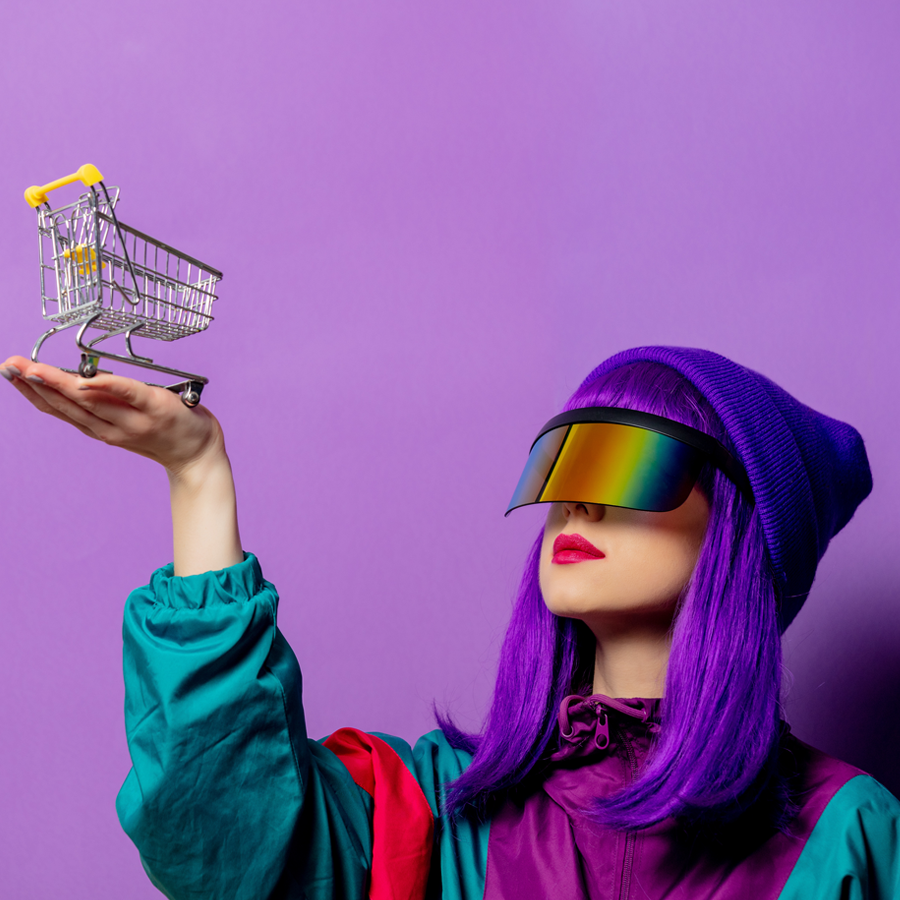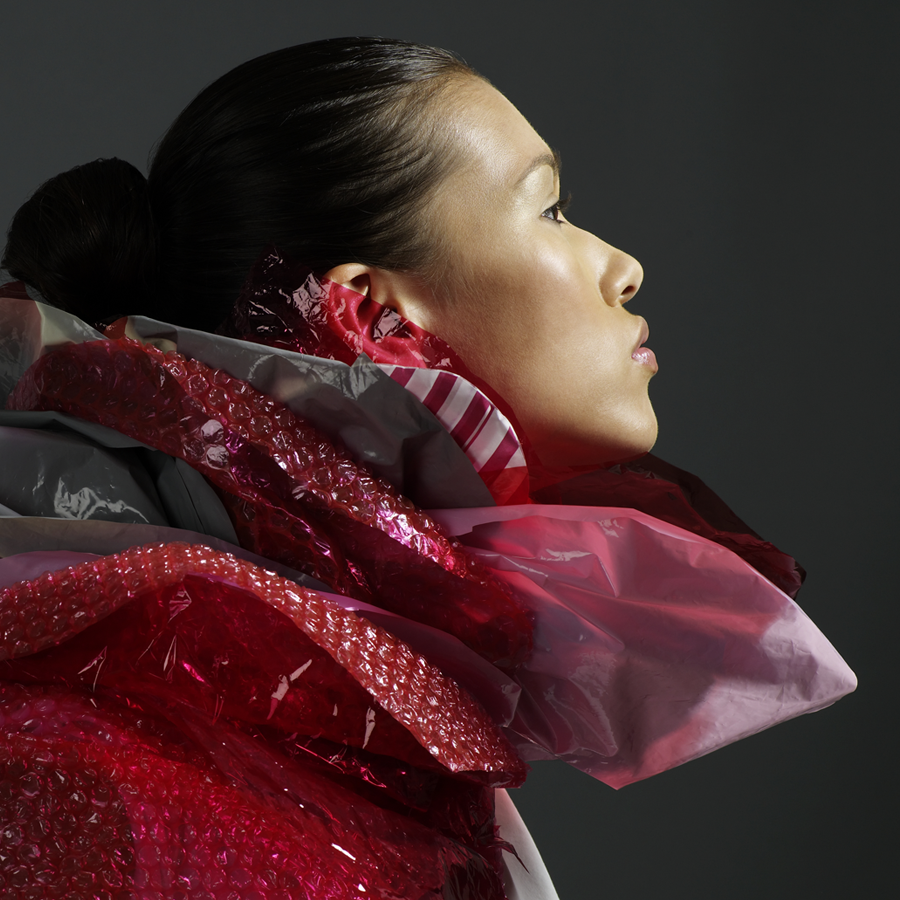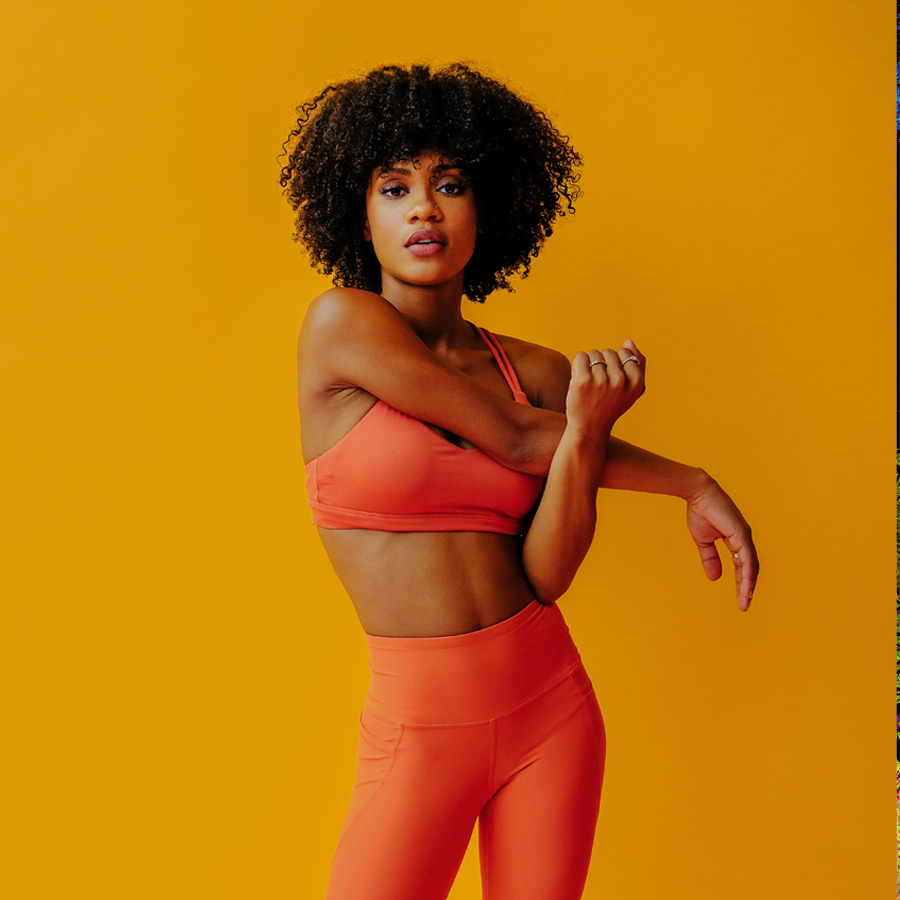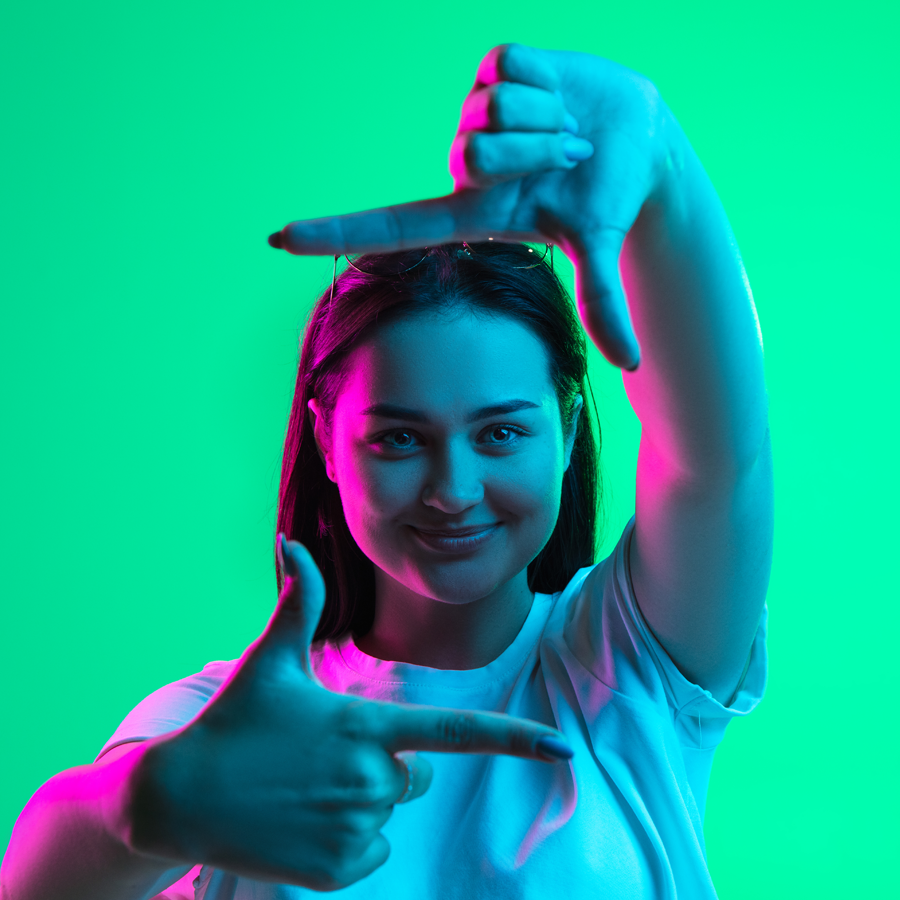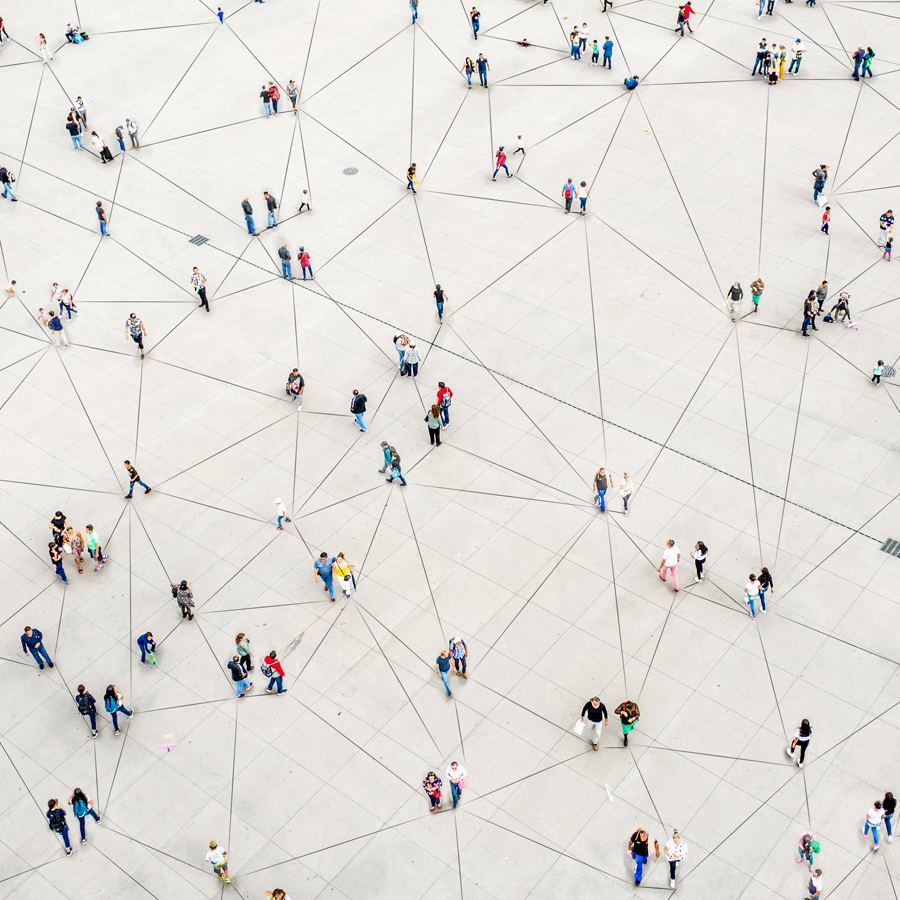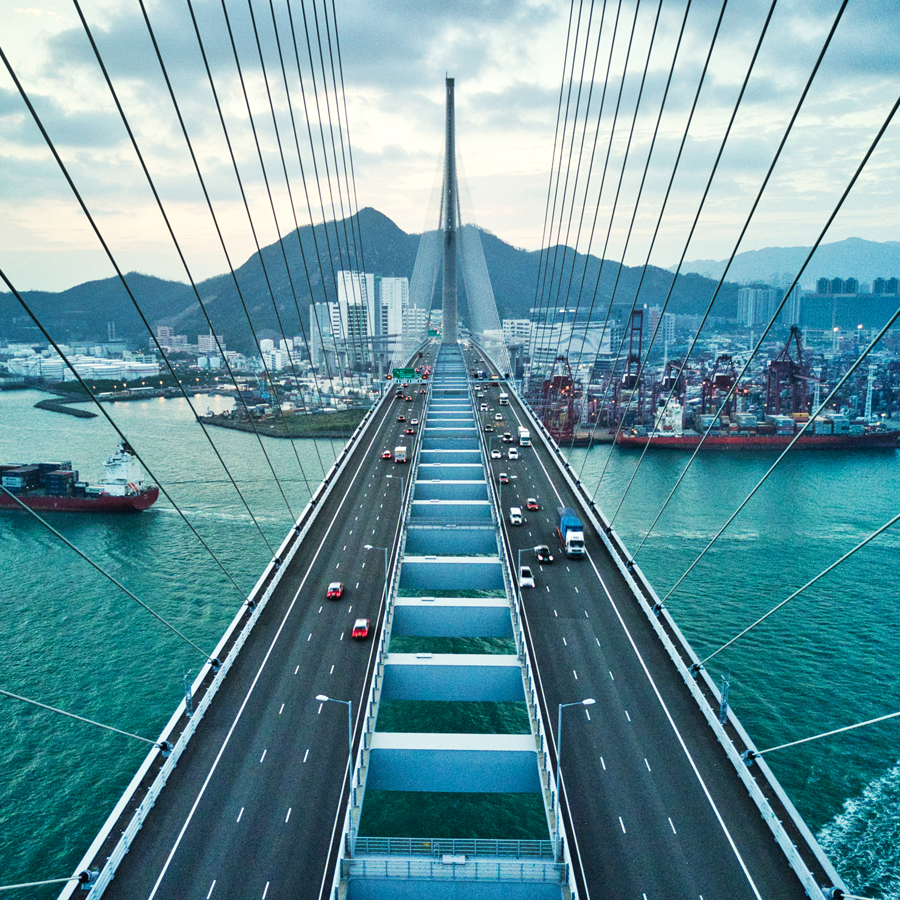Artificial Intelligence (AI) has been propelled into the spotlight this year. Whilst there is tremendous apprehension about the potential of generative AI to replace people in many jobs, at xCHANGE 2023 we wanted to focus instead on the opportunities. We discussed how AI is not intended to replace or stifle creativity but rather to aid and augment it by alleviating mundane tasks and allowing people to focus on elements that require human-level decision making and creative energy, for more impactful work.
AI in music: how many Beethovens might there have been, if only they had had access to a piano?
As part of the ‘AI Super Power’ panel, we learnt how AI is used by pioneering organisations (such as, NumberEight, DAACI, and AudioStack) as a tool to foster and democratise creativity and productivity. Indeed, despite concerns about the dangers of AI, it was described as “one of the most profound, consequential technologies” and compared by Lewis Silkin’s very own Cliff Fluet with the invention of steam and electricity in terms of its potential impact. By using AI, businesses have the opportunity to widen access to the creative sector – the question was asked: how many Beethovens might there have been, if only they had access to a piano?
• NumberEight – Abhishek Sen taught us that personalisation and privacy protection can go hand in hand; we don’t have to sacrifice either for the best personalised experience on our mobiles.
• DAACI – Ken Lythgoe was a passionate advocate for the ethical use of AI to help composers and musicians evolve their creations.
• AudioStack – Timo Kunz showed us how AI can manipulate audio production time, from weeks to minutes and mere seconds.
Lewis Silkin’s Digital, Commerce and Creative Report
We have recently published our 2024 Digital, Commercial and Creative ‘DCC’ Report which reflects on key industry and legal developments from 2023, and looks ahead to 2024 highlighting the exciting opportunities and challenges for the year to come, including our latest AI insights:
AI and advertising
Generative AI is still in its infancy in relative terms, but growing exponentially, and is set to transform the ad industry. The possibilities are many and varied, including generating tailored ads that resonate uniquely with each individual viewer, as well as the ability to churn out dynamic campaigns that evolve according to consumer response. Take a look at our thoughts on this new guidance for AI generated ads.
AI and the arts
The opportunities created by AI for performers are vast: we are potentially heading towards passive income for performers, who by licencing their image or voice might not have to step foot on set or in a studio again. In the musical world, Grimes recently released her own AI tool offering a split of royalties for any works derived from her AI generated voice, and an AI-generated Drake and The Weeknd song went viral on social media. The downside to this is that there are significant risks that performers may be exploited or have their voice or their likeness used in a manner detrimental to their reputation, given gaps in the current intellectual property (IP) framework. Check out our article on Equity’s AI Toolkit for performers as part of its campaign to “Stop AI Stealing the Show”.
AI and music
Want to hear more? Lewis Silkin’s AI expert, Cliff Fluet also recently chatted with Music Ally’s Editor Joe Sparrow about the bigger-picture possibilities and repercussions that AI could have on the music industry including real-time music detection, metadata, and personalised discovery. Have a listen to find out whether the music business is really prepared for the impact of AI, and discover some of the applications of AI in the music industry that you might not have yet considered.
Read the full Digital, Commerce & Creative report here.
Click here to access the full report.






